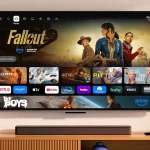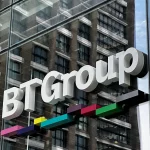Sponsored Links
UPDATE Internet IPv4 D-Day Imminent as Remaining Addresses to be Allocated
Posted: 24th Jan, 2011 By: MarkJ

 The Chief Technology Officer (CTO) for business ISP Timico UK, Trefor Davies, has indicated that APNIC, which is one of five Regional Internet Registries (RIRs) charged with ensuring the fair distribution and responsible management of IP addresses, will ask the Internet Assigned Numbers Authority (IANA) for their two remaining normal /8 blocks of IPv4 addresses this week. This will mark the end of new IPv4 address availability.
The Chief Technology Officer (CTO) for business ISP Timico UK, Trefor Davies, has indicated that APNIC, which is one of five Regional Internet Registries (RIRs) charged with ensuring the fair distribution and responsible management of IP addresses, will ask the Internet Assigned Numbers Authority (IANA) for their two remaining normal /8 blocks of IPv4 addresses this week. This will mark the end of new IPv4 address availability.An IPv4 address is assigned to your computer each time you go online (e.g. 85.23.56.198). These are a bit like the online equivalent of your home phone number, except now only a few million out of roughly 4.5 Billion addresses remain.
At present just two /8 blocks of IPv4 remain to be distributed along the normal method. Global policy says that once the IANA free pool is reduced to five /8 blocks (as will happen if APNIC's request is granted), they will all be simultaneously distributed to the five RIRS.
The CTO of Business ISP Timico UK, Trefor Davies, said:
"This will effectively bring the IPv4 saga to a close – once these two blocks are taken then that’s it. All that will remain to do is the release to the 5 Regional Internet Registries of the last 5 blocks – likely to happen during the ICANN meeting in San Francisco in March. There are no other blocks available.
We in the UK are planning our own event in March, post ICANN, to celebrate what really is a historic milestone in the history of the internet."
"This will effectively bring the IPv4 saga to a close – once these two blocks are taken then that’s it. All that will remain to do is the release to the 5 Regional Internet Registries of the last 5 blocks – likely to happen during the ICANN meeting in San Francisco in March. There are no other blocks available.
We in the UK are planning our own event in March, post ICANN, to celebrate what really is a historic milestone in the history of the internet."
We read some reports last week that suggested APNIC would make the request within the "next few weeks" and indeed some had initially pegged February 2011 for the exhaustion of normal IPv4 addresses. It will be interesting to see whether Davies prediction pans out as it might catch some ISPs off-guard, although there's really no excuse for ignoring years of warnings.
Thankfully IPv4 does have a replacement, IPv6 (e.g. 2ffe:1800:3525:3:200:f8ff:fe21:67cf), which is longer and more secure by design. Sadly many broadband ISPs, hardware (routers etc.) manufacturers and software developers have been slow to upgrade their networks and services.
The loss of new IPv4 addresses will certainly not destroy the internet, although network operators that don't properly support IPv6 would find it hard to add new connections (i.e. customers). Likewise some end-users might experience connectivity headaches when they realise that their router doesn't support it.
Google's Lorenzo Colitti, Network Engineer, said recently:
"The good news is that Internet users don’t need to do anything special to prepare for World IPv6 Day. Our current measurements suggest that the vast majority (99.95%) of users will be unaffected. However, in rare cases, users may experience connectivity problems, often due to misconfigured or misbehaving home network devices.
Over the coming months we will be working with application developers, operating system vendors and network device manufacturers to further minimize the impact and provide testing tools and advice for users."
"The good news is that Internet users don’t need to do anything special to prepare for World IPv6 Day. Our current measurements suggest that the vast majority (99.95%) of users will be unaffected. However, in rare cases, users may experience connectivity problems, often due to misconfigured or misbehaving home network devices.
Over the coming months we will be working with application developers, operating system vendors and network device manufacturers to further minimize the impact and provide testing tools and advice for users."
Some ISPs could attempt to stave off the problem by using IPv4 address sharing, although that carries with it an array of its own performance, security and connectivity issues. Either way the Internet will run out of free IPv4's within the next few weeks, although the addresses will continue to be used for many years to come (due to the needs of legacy hardware and software etc.).
UPDATE 28th January 2011
We are now hearing from sources inside several UK ISPs that Monday 31st January 2011 will see the last 'normal' IPv4 address blocks being allocated, which will trigger the remaining blocks to be allocated as well.
Search ISP News
Search ISP Listings
Search ISP Reviews
Latest UK ISP News
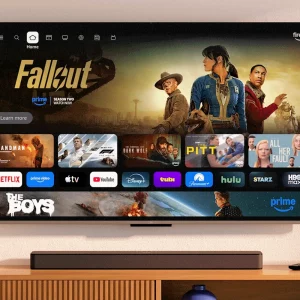

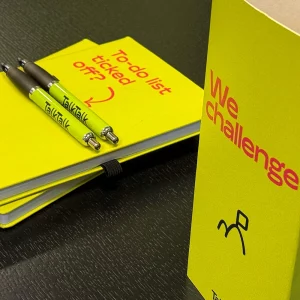


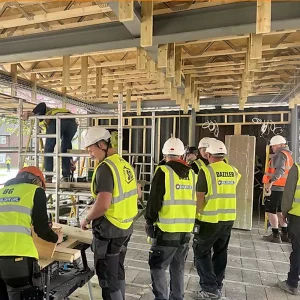


Cheap BIG ISPs for 100Mbps+
150,000+ Customers | View More ISPs
Cheapest ISPs for 100Mbps+
Modest Availability | View More ISPs
Latest UK ISP News
Helpful ISP Guides and Tips
Sponsored Links
The Top 15 Category Tags
- FTTP (6811)
- BT (3885)
- Politics (3078)
- Business (2769)
- Openreach (2666)
- Building Digital UK (2515)
- Mobile Broadband (2476)
- FTTC (2142)
- Statistics (2134)
- 4G (2095)
- Virgin Media (2029)
- Ofcom Regulation (1780)
- 5G (1734)
- Fibre Optic (1604)
- Wireless Internet (1595)
Sponsored
Copyright © 1999 to Present - ISPreview.co.uk - All Rights Reserved - Terms , Privacy and Cookie Policy , Links , Website Rules








